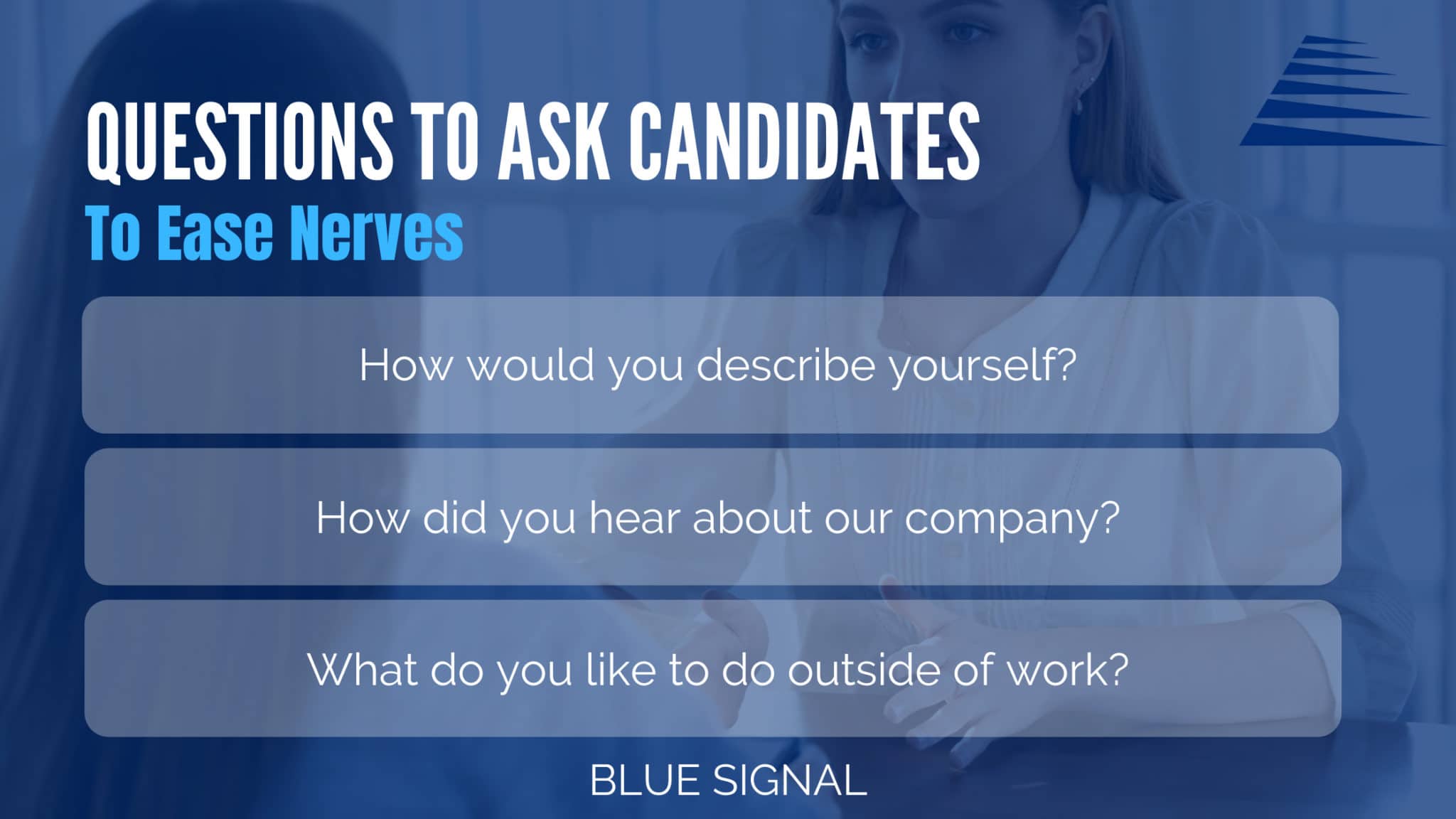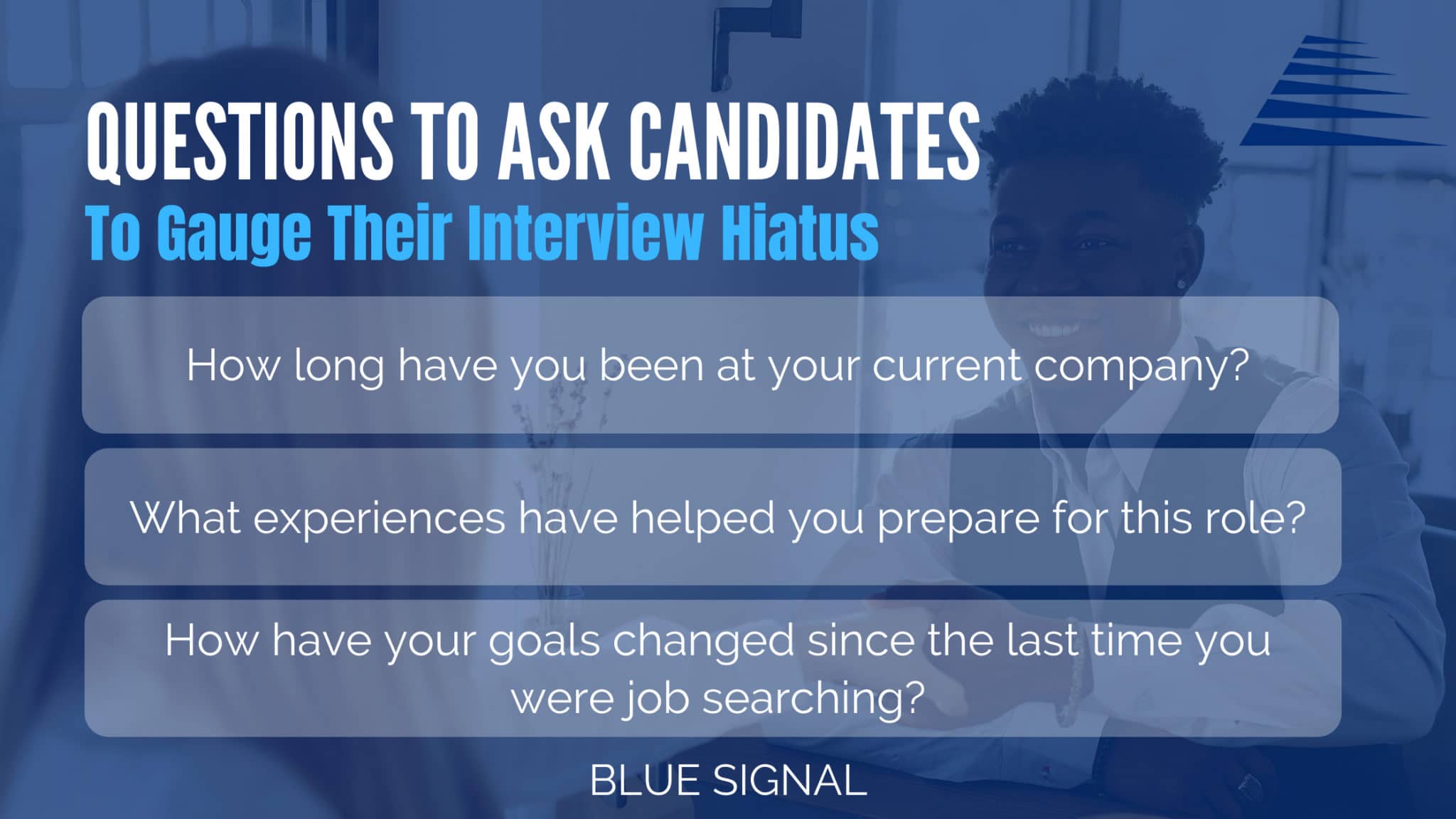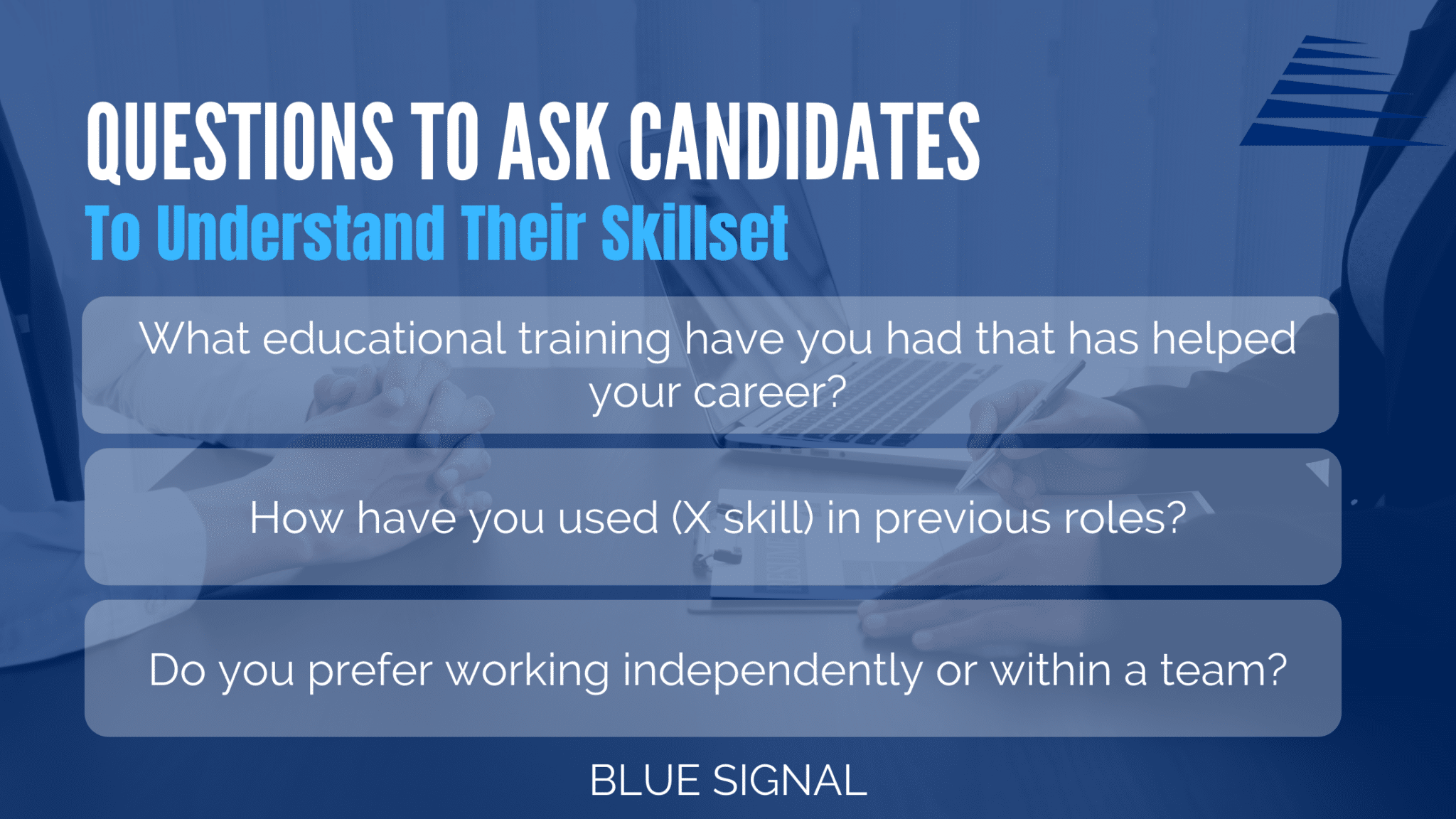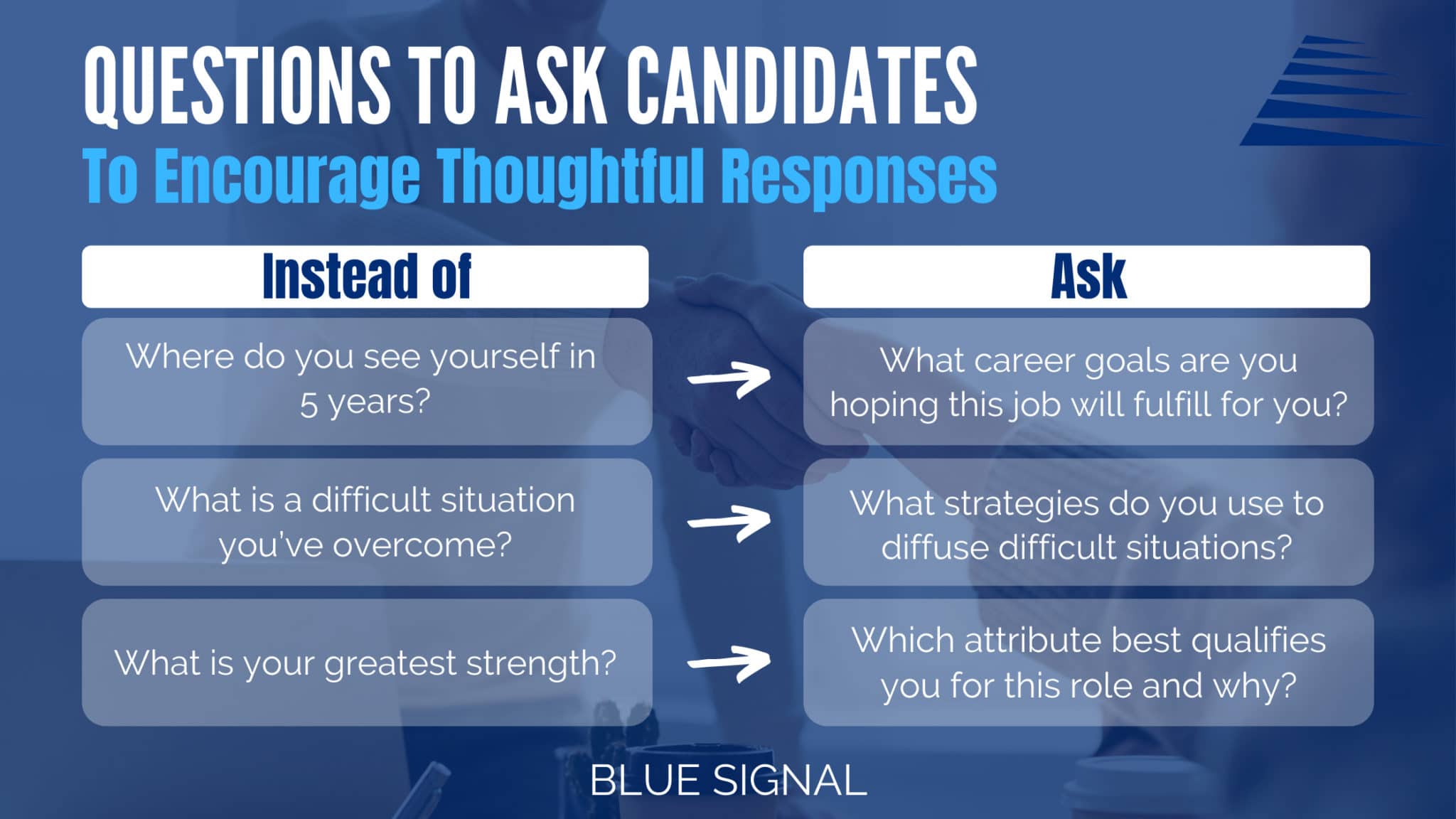Looking back on 2021 hiring trends, the hiring industry has learned a lot about how to pivot and excel in an ever-changing job market. As we’ve already started to see the many differences we’ll navigate in 2022, some hiring trends will remain the same. The war for talent is still prevalent and the candidate-driven job market persists. Remote work is not going anywhere, but even so has seen subtle differences today compared to hiring trends a year ago – along with new sets of trends beginning to emerge. Beyond acknowledging these trends as they occur, it’s important for businesses large and small to innovate and properly prepare for success. Offering candidates benefits they care about, hybrid work, DEI initiatives, upskilling, and automating processes are all covered in this overview of 2022’s hiring trends.
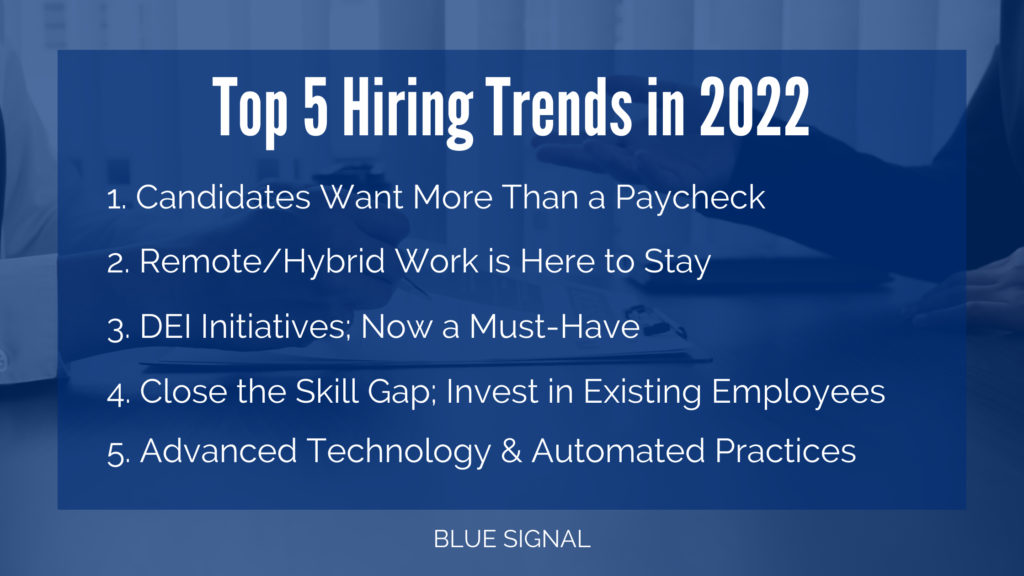
1. Candidates Want More Than a Paycheck
No different than 2021, candidates still have the power in the job market as we navigate through the war for talent. In 2022, experts don’t see this hiring trend shifting which means employers must remain flexible in their offerings and be open to what candidates are actually seeking. Simple benefits like sign-on bonuses just aren’t cutting it anymore. Companies need to get creative and adapt to their candidates’ desires in order to stay ahead of the evident competition. By breaking down non-negotiables such as the ability to work remotely, it tells candidates you are open to being flexible and ultimately want the best for them. Overall, candidates are looking to be treated as human beings – and not just a small cog in a big machine.
Another crucial way to grab the attention of candidates is to ensure there’s updated company branding available for them to learn more about you. Today’s generation of professionals are looking to be a part of a company long-term. To do so, employees need to feel valued, important, and cared for, both at work and in their personal lives. Of course, hiring managers are able to elaborate on values and what sets their company apart in the interview process; but first - they need candidates to apply. Job seekers are looking online for evidence about why a company has potential before they even start the application process. By making this informational hunt easier for them to navigate, you’ll be a step ahead of the competition. Studies have shown that 52% of candidates rely on the information from a company’s website and social media to learn about the employer. Don’t overlook what a critical investment employer branding can be.
2. Remote/Hybrid Work is Here to Stay
Brought on in 2020 by the global pandemic, we’ve seen a spike in remote work. Studies show that 62% of workers aged 22 to 65 claim to work remotely at least occasionally. 2022 hiring trends all point to a continued increase in this area, with a particular focus on the availability of more hybrid working opportunities. Hybrid working conditions are trending to be the top ask among job seekers in this market. Every employee’s situation is different and in today’s candidate-driven market, companies need to provide options for how they work. Be prepared for candidates to negotiate a flexible schedule such as remote, hybrid, or a split shift.
These offers don’t just benefit the employee side, but also benefit the overall well-being of the company. Studies found that remote workers are more productive than in-office staff. Not to mention, remote working opportunities mean that companies can hire from a more diverse pool of talent. Another key factor that plays into these benefits is employee retention. When good candidates are becoming far and few between these days, retention is everything. Harvard Business Review found that remote workers were more likely to stay working for a business longer than colleagues who worked in-office. Overall, it’s important to be flexible and open-minded to what potential employees are asking for. Some people will prefer the office, some people will want to work at home, and others will need a mix of both. The best companies will cater to this hiring trend.
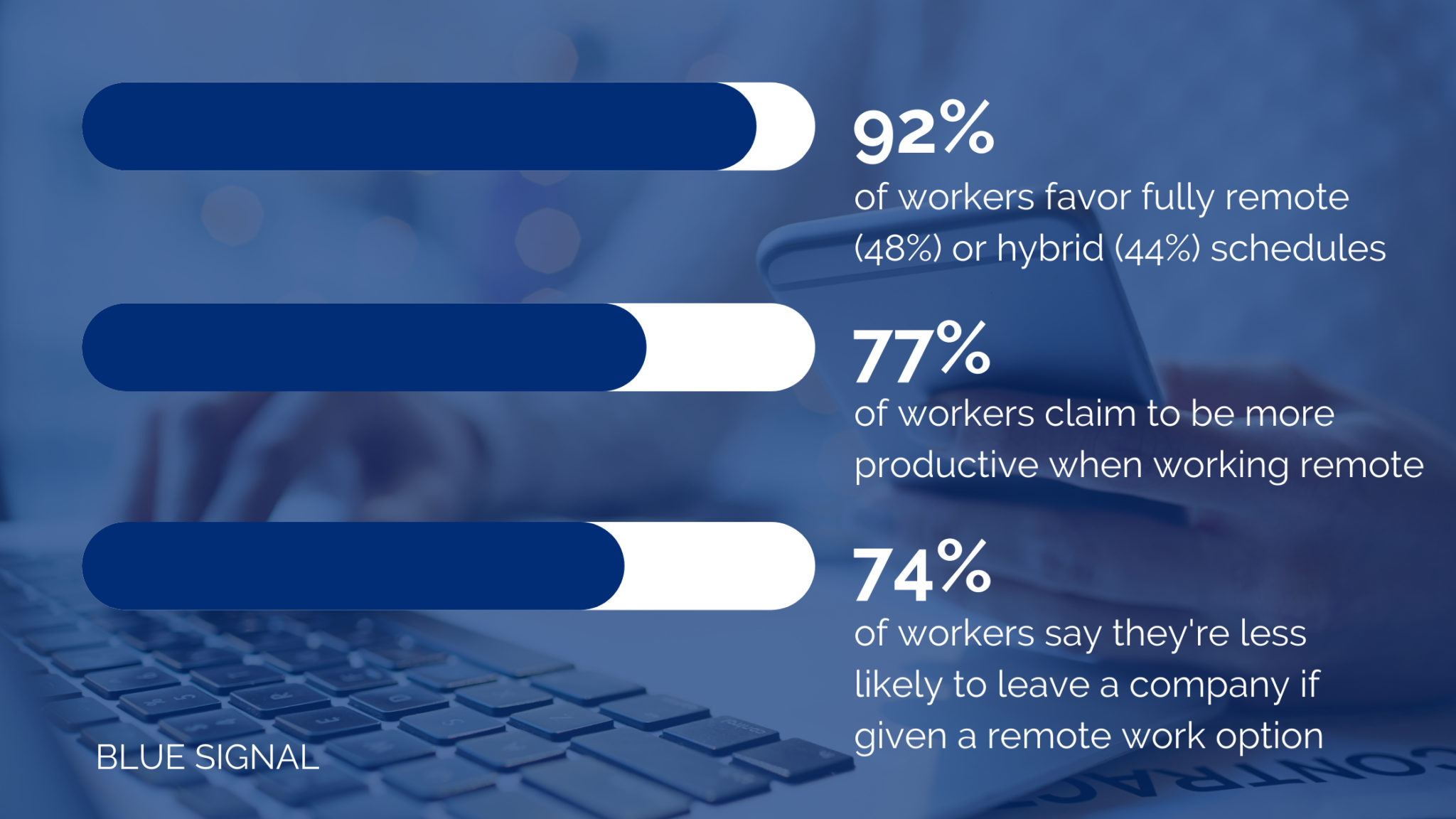
3. DEI Initiatives Now a Must-Have
As the candidate pool shifts to a younger and more socially aware workforce, they are emphasizing diversity, equity, and inclusion (DEI) initiatives when searching for jobs. As we’ve seen an increase in progressive movements towards diversity in the workplace in the past couple years, it’s now become a requirement rather than a nice-to-have. Hiring trends state that in the coming year, businesses need to deliver on these big promises. Candidates are looking at actions rather than words. In 2022, companies will continue to focus on these initiatives, and we’ll see an increase in leadership roles created around diversity and inclusion such as “Chief Diversity Officer” and “Head of DEI.”
Along with the obvious social responsibility that companies should be supporting, DEI plays a critical role in productivity and retention in the workplace. Studies have found that companies in the top quartile for racial and ethnic diversity are 35% more likely (and those in the top quartile for gender diversity are 15% more likely) to have higher financial returns. Hiring trends have also proven that 35% of an employee’s emotional investment in their work, and 20% of their desire to stay at their organization, is linked to feelings of inclusion. Overall, an equitable and inclusive workplace will attract and retain a happier and more diverse workforce, creating success in every aspect of the business.
Wondering where to start? When strategizing DEI initiatives you can implement, start by setting up a diverse hiring team. This helps companies expand their workforce with individuals that bring unique ideas and experiences to the table.
4. Close the Skill Gap; Invest in Existing Employees
Today’s hiring market can be misleading when viewed at the surface level. Hiring trends state that 87% of employers are struggling to fill positions as a result of the skills gap, despite a high degree of unemployment. For companies who are looking to grow and expand market share, this may seem like a dead end. The solution? Promote and invest in education internally. All hiring trends, both current and predicted, lead to an emphasis on candidate’s skillsets rather than years of experience. Top skills being sought out focus on digital talents. Software development, data analytics, digital marketing, cloud computing, problem-solving, and project and change management are among these targeted skills.
By turning the attention to existing employees who are on the cusp of qualifying for a more technically advanced or higher responsibility role, employers avoid the stress of hiring during today’s climate. To be a successful business, we know retention is key. Offering skill advancement opportunities such as trainings and education programs takes retention a step further by saving both time and money. Statistics show that it costs more and takes longer to recruit and train new employees than upskilling current ones. SHRM reports that the average cost per hire in the U.S. is around $4,000, and that it can take an average of about 42 days to fill a position.
It’s hiring trends like these that are encouraging companies to focus internally. Surveys found that 84% of companies are increasing investment in reskilling programs. Amazon for example, recently announced that they were going to upskill 100,000 people in the near future. Above retention advantages, these opportunities promote employee satisfaction, loyalty, and employer branding all at once.
5. Advanced Technology and Automated Practices
As the digital world continues to take over and become more applicable to businesses, automation and AI will continue to be the most utilized hiring trend in 2022. With the new, younger generation set to take over a majority of the workforce, digitally advanced technology becomes critical. For smaller companies in particular, this will be essential in breaking out to compete with bigger businesses who have already been implementing advanced processes.
As we saw remote and hybrid work flourish, companies have since turned to AI technology to build out more automated processes and ways to streamline and communicate. 2022 hiring trends say that automation will go beyond HR and see advancement in all aspects of a business. This will go hand-in-hand with machine learning technology, resulting in an increased need for candidates with this unique skillset.
Taking all these hiring trends into consideration alongside the rapidly evolving and advancing job market; more companies are turning to recruiters and search firms. Navigating a new hiring market can feel like a full-time job in itself. That’s why there’s specialized recruiters in every industry space. Recruiters can help your company learn new hiring skills for this evolving world of work, expanding beyond being a personable employer and a good company. At Blue Signal, all our recruiters specialize in developing personal branding, adapting to industry changes, and offering insights to business leaders in their niche. Gaining insight on how to effectively work, interview, hire, manage, and communicate remotely can help you be the best hiring manager possible throughout today’s hiring trends. No matter the challenge you face, Blue Signal can help.
